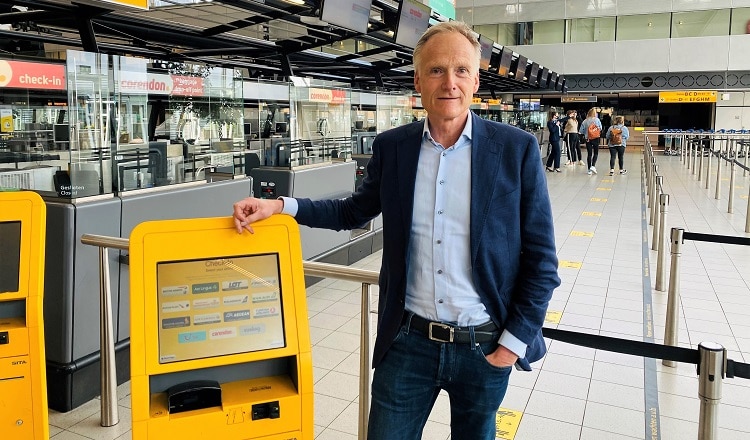
Better coordination is needed between the Package Travel Directive and the EU regulation protecting air passenger rights. So says ANVR president Frank Oostdam in his position as president of ECTAA, the European ANVR. Due to the volatile situation in Israel and possible further complications in the region, tour operators are experiencing massive cancellations of booked package tours. Travel companies must refund customers money, often before they in turn get reimbursed for advance payments from service providers. Some airlines, according to ECTAA, are not doing this entirely fairly by offering only vouchers instead of refunds of the ticket price. Many airlines have stopped flying to Israel or only conducted evacuation flights in recent days to bring foreigners home. Tour operators had to cancel trips to Israel because it was no longer justified due to security concerns. Package tour organizers face “major challenges” in this situation, says ECTAA. While airlines often cancel flights at short notice because of the current situation, travel companies often have to cancel packages at longer notice. They are forced to do this because they cannot fulfill their contractual obligations to the customer. Once a tour operator cancels a package tour, a customer is entitled to a refund within 14 days, according to the Package Travel Directive. But then other parties that are part of the package, such as airlines, must also quickly repay the money paid in advance. And they often don’t. The failure of these service providers to refund the prepaid portion of the travel price presents travel companies with “extreme challenges” in meeting their contractual obligations to customers. According to ECTAA, during the recent corona pandemic, this was the main reason why some travel companies could not refund customers. History seems to be repeating itself. As it stands, some airlines are again offering only vouchers for canceled flights, rather than cash refunds. ECTAA is therefore advocating that the reimbursement requirement should apply to all providers of services that are part of a package, including airlines. This can be achieved through amendments to the Package Travel Directive. ‘The current situation shows once again that we urgently need better alignment between the Package Travel Directive and the EU air passenger rights regulation,’ Oostdam said. ‘If the European Commission wants to effectively protect travelers, such harmonization should be a priority in the upcoming review.’